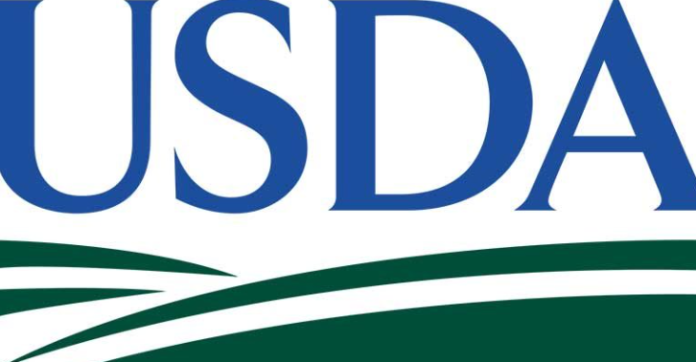
Source: USDA
The U.S. Department of Agriculture (USDA) today announced $11.04 million in funding to support dairy businesses and producers under the Dairy Business Innovation Initiatives (DBI) grant program, Agriculture Secretary Tom Vilsack announced today at the World Dairy Expo in Madison, Wisconsin. The initiatives support small and mid-sized dairy businesses in the development, production, marketing, and distribution of dairy products.
“USDA is committed to helping America’s dairy industry remain competitive as they work hard to provide necessary, nutritious dairy products to communities nationwide,” Vilsack said. “Through the Dairy Business Innovation Initiative, we aim to help the dairy industry access new and better market, spur innovation, and create economic growth. To date, the Initiatives have invested over $64 million into more than 600 projects that are increasing dairy supply chain resiliency, creating new markets, and expanding economic growth in rural economies.”
This year’s funds are being awarded noncompetitively to the four current DBI Initiatives at California State University, Fresno, the University of Tennessee, Vermont Agency of Agriculture, Food & Markets, and the University of Wisconsin. The initiatives will use the funding to provide valuable technical assistance and subaward funds to dairy farmers and businesses across their regions, supporting them with business plan development, marketing, and branding, as well as increasing access to innovative production and processing techniques to support the development of value-added products.
This year’s DBI projects include:
- In California, Oregon, and Washington, the Pacific Coast Coalition will use $690,000 in new funding to continue revolutionizing the dairy sector by helping farmers tap into higher-value uses for milk, such as artisanal cheeses and organic dairy products. The Coalition’s workforce training program will ensure dairy businesses remain competitive, allowing producers to diversify markets and income.
- In the Southeast, the University of Tennessee will use $3.45 million to support farmers across 12 states, enabling them to integrate innovative practices such as on dairy innovation, product safety, farm sustainability, and workforce development to improve financial outcomes and diversify the dairy supply chain.
- In the Northeast, Vermont’s Dairy Business Innovation Center will use $3.45 million to extend its reach. As of August 2024, this initiative has provided $31 million in support for 333 projects, ranging from farm modernization to energy efficiency improvements, all aimed at boosting resilience and efficiency across the region’s dairy sector.
- The Dairy Business Innovation Alliance in Wisconsin will use $3.45 million to continue to empower dairy farmers and processors in the Midwest with grant programs and technical assistance, focusing on expanding market opportunities and supporting value-added dairy product innovation.
For more information, visit the AMS Dairy Business Innovation Initiatives webpage. Dairy farmers and businesses interested in the program must contact the appropriate initiative to be considered for direct technical assistance or a subaward.
AMS supports U.S. food and agricultural product market opportunities, while increasing consumer access to fresh, healthy foods through applied research, technical services, and congressionally funded grants. To learn more about AMS’s investments in enhancing and strengthening agricultural systems, visit www.ams.usda.gov/grants.
AMS administers programs that create domestic and international marketing opportunities for U.S. producers of food, fiber, and specialty crops. AMS also provides the agriculture industry with valuable services to ensure the quality and availability of wholesome food for consumers across the country and globally. AMS services and its significant grant investments create opportunities by supporting American farmers, ranchers and businesses across the supply chain, and drive economic development in small towns and rural communities.
USDA touches the lives of all Americans each day in so many positive ways. In the Biden-Harris Administration, USDA is transforming America’s food system with a greater focus on more resilient local and regional food production, fairer markets for all producers, ensuring access to safe, healthy and nutritious food in all communities, building new markets and streams of income for farmers and producers using climate smart food and forestry practices, making historic investments in infrastructure and clean energy capabilities in rural America, and committing to equity across the Department by removing systemic barriers and building a workforce more representative of America. To learn more, visit www.usda.gov.








